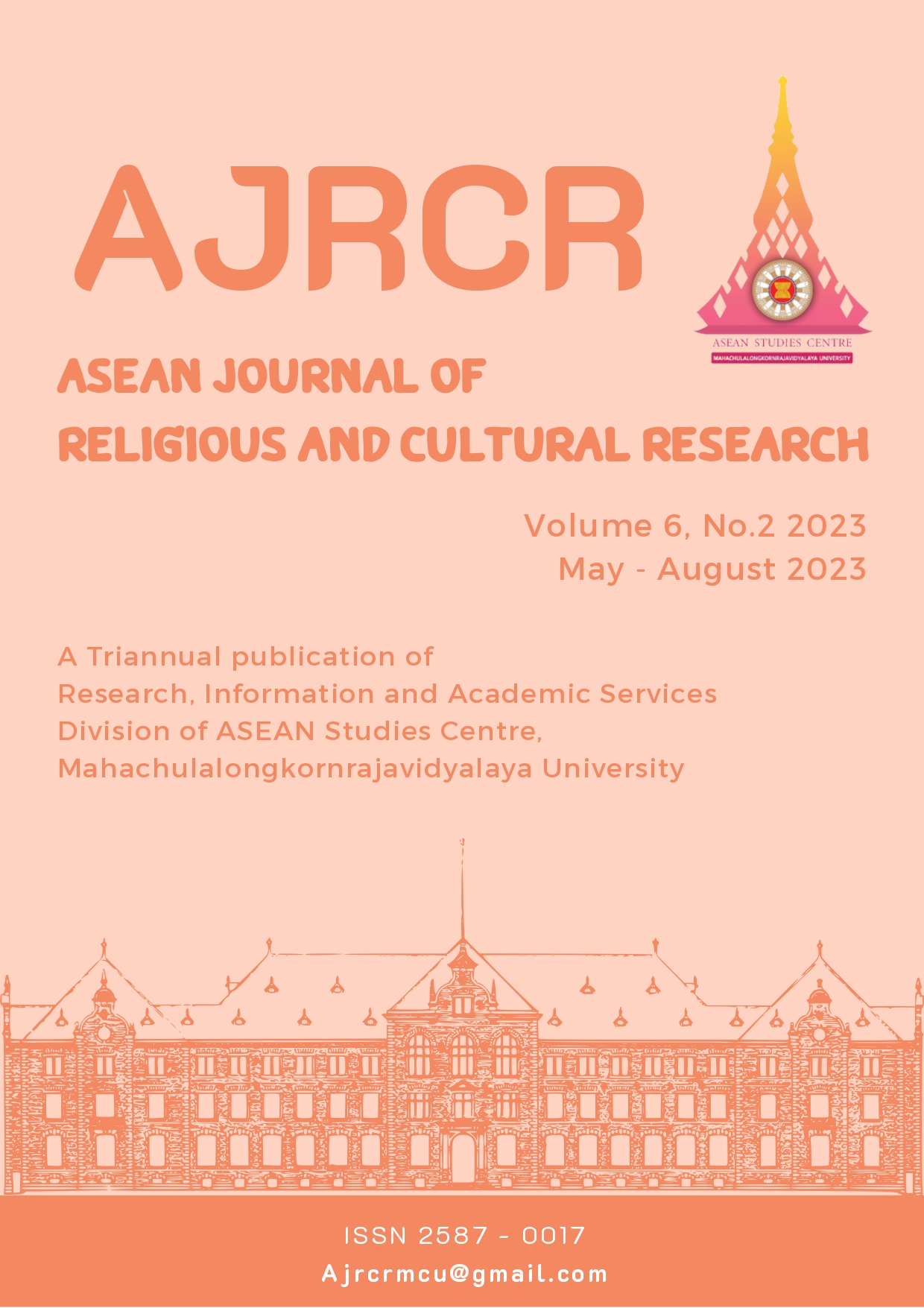The Role of Administrators in Education 4.0 and the Use of Moral Principles in School Administration
Keywords:
Education Administrator 4.0, Dharma principles, School AdministrationAbstract
“Thailand 4.0” is a policy vision for economic development of Thailand or the government’s economic development model under the leadership of General Prayut Chan-o-cha, the Prime Minister of Thailand who came to manage the country with the vision of “stability, prosperity, and sustainability” with an important mission to drive reforms in various aspects of the country to adjust, adjust the direction and create development paths country to prosper able to cope with new opportunities and threats other fast-changing, violence in the 21st century. Educational administration according to the Thailand 4.0, policy guideline, and school administrators are the ones who play an important role in the success of education administration. School administrators in the Thailand 4.0 era must use science and art in administration and aware of changes, be thinkers, developers, and have visions in management that are ready to cope with changes, democratic administration, receive other people’s opinions, share ideas, do, and solve problems with personnel in the organization and develop educational institutions using new innovations focusing on the achievement of the school’s vision and strategy for the use of principles in administration, both self-management and people-management and work-management. The important principles in self-management namely, the Sappurisadhamma VII (seven virtues of the faithful that make them a good person), the principles in managing people are: The Saṅgahavatthu IV; principles bind other people’s generosity. The principle in administration is the Iddhipāda IV principles; the foundations of success, meaning things that are virtuous; machine to achieve success as one wishes and Brahmavihāra IV: Holy abiding; sublime state of mind and secular principles; Dhamma for the layperson or the householder.






